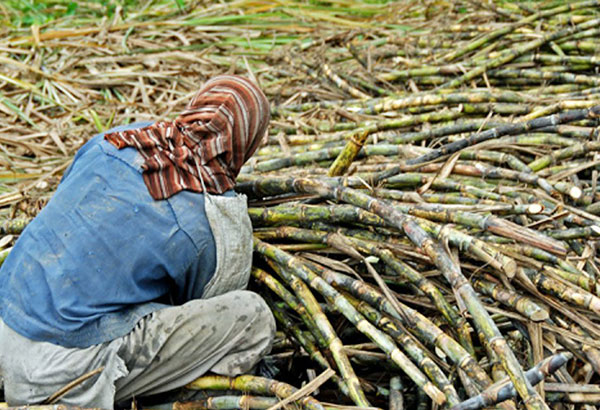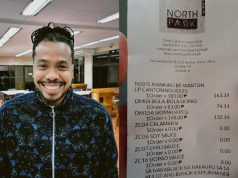MANILA – Senator Juan Miguel F. Zubiri has proposed a three-tiered tax on sugar-sweetened beverage (SSB), saying that while he wanted government to earn revenue, it made no sense to “kill the industry.”
He pitched his proposal during the Committee on Ways and Means hearing on the comprehensive tax reform package dubbed Tax Reform for Acceleration and Inclusion (TRAIN).
Zubiri said his proposal “hits the sweet spot wherein the taxation method and tax rates can address important concerns such as government’s need for revenue, need to stop the rising incidence of diabetes, obesity and dental caries among the many health issues related to excessive consumption of sugar. I also believe the tax rates to be adopted should also push my advocacy for the avoidance of cancer-causing high fructose corn syrup (HFCS).”
The detals of the three-tier tax his office is studying, below:
Specific tax based on content:
Tier I: 0-5 gms. per liter : Exempt
Tier II: 6-12 gms. per liter : P 3.00
Tier III: Above 12 gms. per liter : P5.00
Or, based on volume:
P5 per liter for those containing locally-produced sugar
P20 per liter for others which contain imported sugar and sweeteners such as HFCS.”
Zubiri backed the health agenda of the SSB advocates, but qualified it. “I fully support the doctors’ position to stop excessive sugar consumption. However, we should not slap a tax rate that will make sugar, food and beverage items containing sugar very expensive. If we tax it too steeply, people may not to be able to afford it because of the high price. One example is the flavoured milk drinks which improves taste and encourages milk drinking, especially among children.”
Zubiri warned that “an excessively high sugar tax could potentially lead to the collapse of the sugar industry, displacement of hundreds of thousands of farmers and mill workers and hunger of at least 5 million Filipinos heavily dependent on the sugar industry.”
He recalled this happened in the 1980’s “when nosediving sugar prices forced planters to abandon large tracts of land and shut down mills. That even precipitated the holding of the Maskara festival when people wore masks with smiling faces, because they were in desperate times.”
Zubiri explained that the sugar industry is now very different from 30 years ago. “Today, most sugar holdings are small farms below three hectares such as in Negros where 95% of farmlands have been covered and distributed under the agrarian reform program. That’s why it is so important for us to find the appropriate tax rates to slap on sugar-sweetened beverages. A collapsing sugar industry won’t be affecting large hacenderos but the small farmers who in fact we need to support to be more productive.”
In Zubiri’s view, “a very important facet of the sugar tax is the fact that insurgency has always been high in sugar-producing provinces then and now. They are areas wherein sugar farmers and mill workers are experiencing a hard time. Let us not add to the incendiary situation, but, instead help Filipino sugar farmers, workers, millers and food processors. Let the Sugar Industry Development Act or SIDA achieve its objectives. So, we are studying the formula and language to encourage consumers and processors to purchase sugar produced by Filipino farmers at the same time mindful of our obligations in the World Trade Organization- General Agreement on Tariffs and Trade.”










